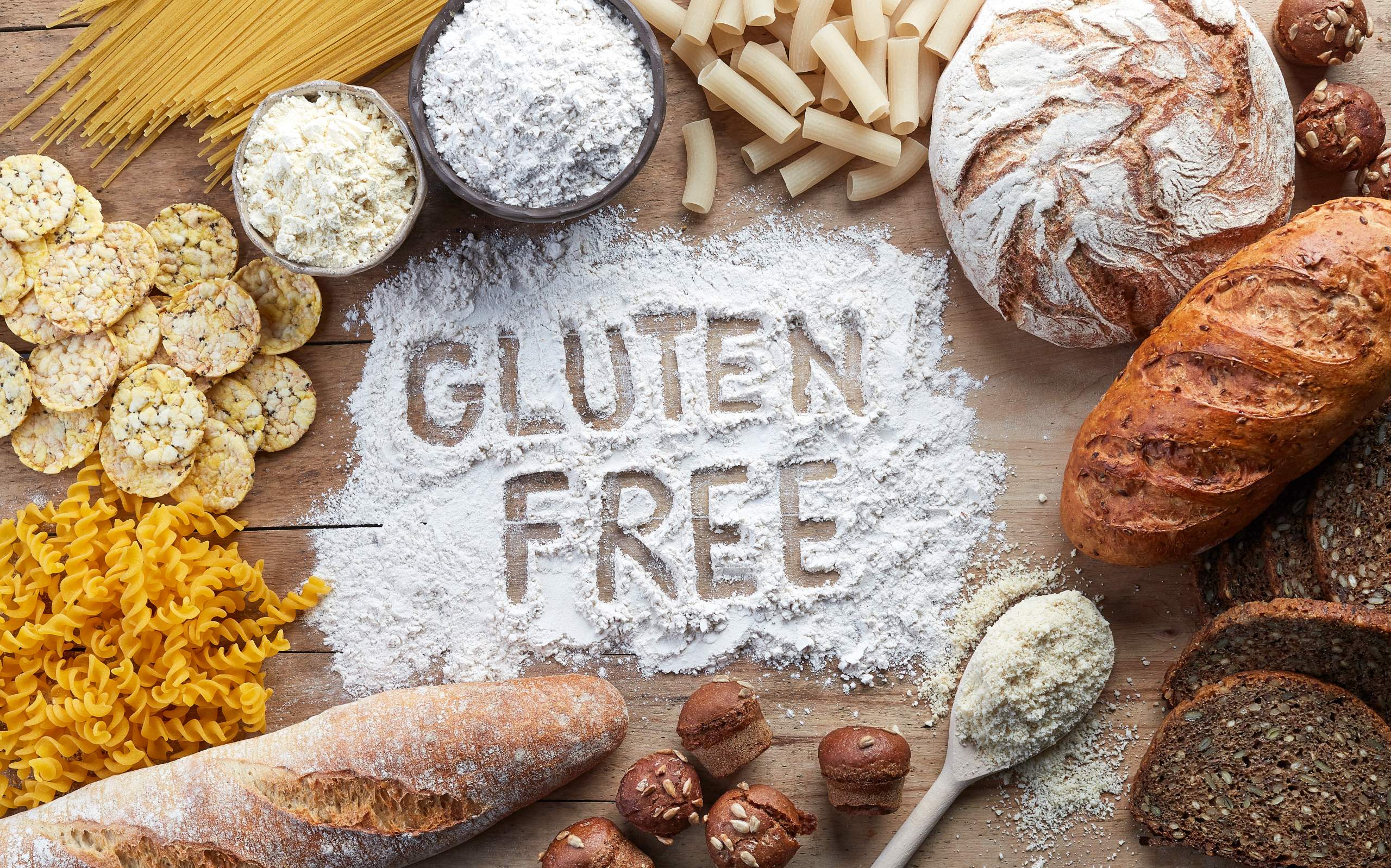The number of Americans choosing to adopt a gluten-free diet has been steadily increasing over the last decade or so. Before you go gluten-free, search online to discover what you need to expect for your diet, your body, and your wallet.
Many people have gone gluten-free because of celiac disease, an autoimmune condition that causes the body to have a negative reaction to gluten. Whatever your reason may be, it’s a big lifestyle change that you need to prepare for.
Groceries Will Be More Expensive
It’s no secret that gluten-free products cost a lot more at the grocery store. This is partially because gluten-free products use more expensive ingredients. Aside from that, they’re also more expensive because there’s a demand for them. Marketing teams know people who are choosing to go gluten-free won’t mind spending two to three times as much money on a loaf of gluten-free bread.
Another caveat? Gluten-free food typically comes in smaller quantities. You may find that you need to buy more of each item in order to get you through the week.
You’ll Need to Watch Your Fiber Intake
Fiber is an important part of any diet, and most of the fiber you get comes from gluten sources, like whole grains. So, when you cut out whole grains, you’ll be cutting out fiber too. This is fine if you compensate for the fiber loss by eating other fiber-rich foods, but many gluten-free people don’t do this, especially at the beginning. And suddenly getting less fiber will knock your digestive system out of order. You could experience stomach pain, constipation, and other digestive issues.
If you’re preparing to go gluten-free, start eating more leafy green vegetables and beans to make up for your fiber deficiency. Legumes and brown rice are also excellent sources of fiber.
Expect to Feel Tired
Typically, when someone with celiac’s disease goes on a gluten-free diet, they do so under the guidance of a dietician. This way, they aren’t losing out on any important nutrients or vitamins, and they know what to eat in place of gluten.
However, there are many people who don’t have celiac disease who cut out gluten without professional guidance. And that often leaves them suddenly feeling exhausted.
This exhaustion happens because cutting out gluten means you’re losing out on many important nutrients that come in gluten-rich foods, like iron, zinc, and vitamin D. You need to be conscious of what vitamins and nutrients you’re giving up when you go gluten-free. It’s important to replace those missing nutrients. Otherwise, you may experience energy dips, mood changes, and hair loss.
Weight Gain is Common
Some people choose to switch to a gluten-free diet to lose weight. However, the idea that cutting out gluten leads to weight loss is nothing but a myth.
The reality is going gluten-free can actually cause you to gain weight – a lot of weight.
When you eliminate gluten, you’ll start reaching for other comfort foods. Those could come in the form of fruits and vegetables. More likely, however, you’ll reach for chocolate or processed gluten-free foods as snacks and treats.
Additionally, gluten-free foods aren’t always healthier or more nutritious than those with gluten. Most gluten-free versions of foods are loaded with even more fat, sugar, and calories to make up for the lack of gluten. You could also end up eating more if you’re under the impression that gluten-free food is healthy. It’s important to read labels on all food products so you know what you’re consuming.
You Might Love the Results
While some people respond to gluten with digestive issues, fatigue, and abdominal pain, others respond to gluten with headaches, muscle weakness, and skin problems like acne. Gluten can cause a host of potential problems, especially if you’re living with celiac disease.
And even if you aren’t concerned about celiac disease, there are other reasons you might want to give up gluten. Whatever your reasons are, going gluten-free can be challenging at first. But with the right knowledge and some planning ahead, you can make the transition seamless and almost effortless.
